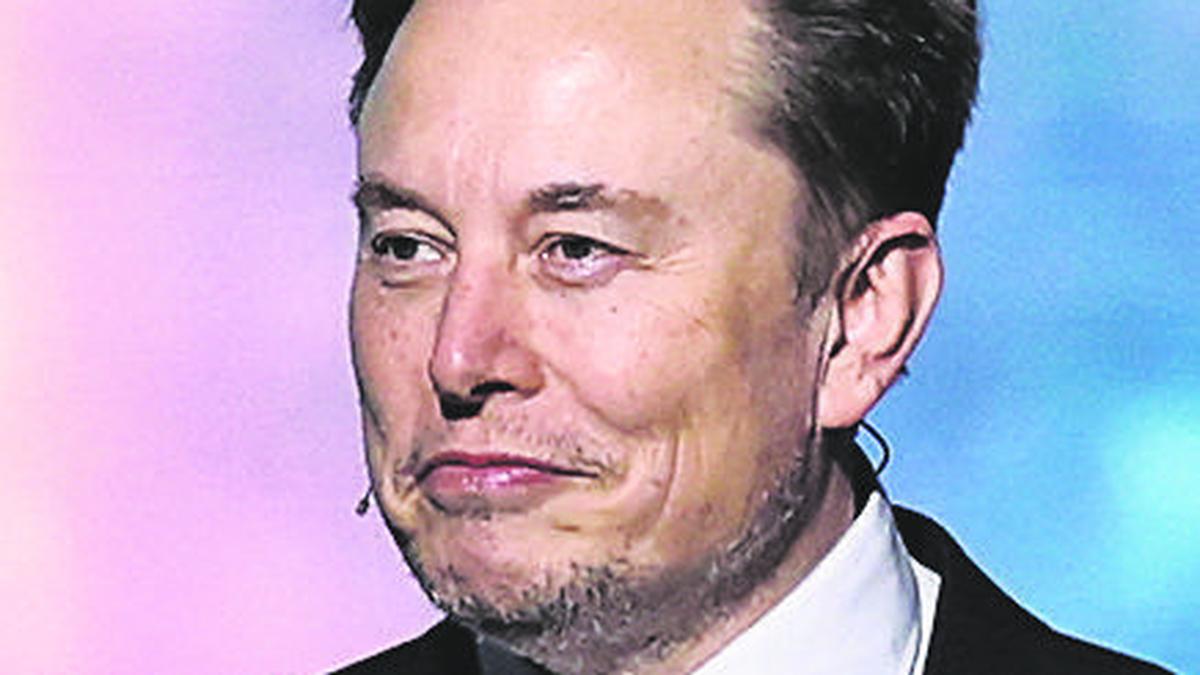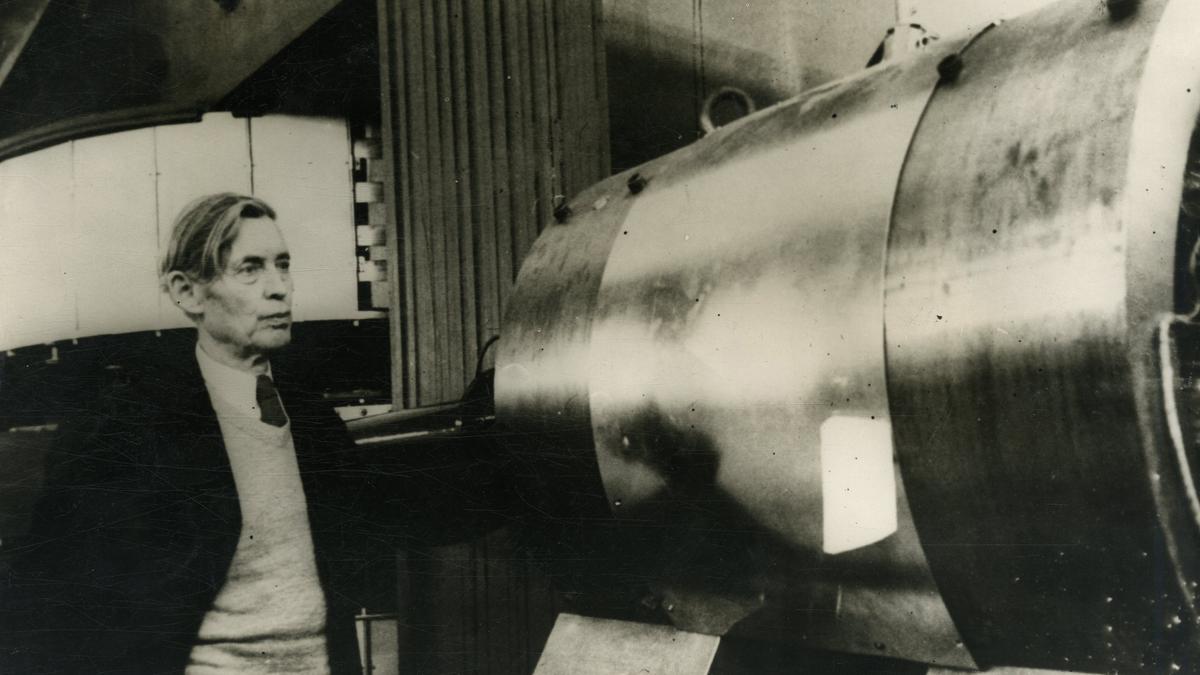[ad_1]

Representative image
| Photo Credit: Getty Images
The preliminary numbers were reported at an event organised by the DBT on Monday (March 24, 2025) to mark World TB Day.

The genome sequencing initiative, part of “Dare2eraD TB”, an umbrella programme of the DBT, was launched in 2022 with a goal to sequence about 32,500 samples from across the country. It is tied to the Centre’s broader mission to eliminate TB.
Nine labs of the DBT, the Council of Scientific and Industrial Research (CSIR) and the Indian Council of Medical Research (ICMR) are involved in the programme as part of a consortium called Indian Tuberculosis Genomic Surveillance. Officials said they expected all the samples to be sequenced by October 2025.
Prime Minister Narendra Modi, in 2018, at the End TB Summit, claimed that India would “eradicate” tuberculosis in the country by 2025. This, he underlined, would be five years ahead of the World Health Organisation’s (WHO) target of 2030. India has the highest number of diagnosed TB cases and therefore is critical to eliminating the millennia-old disease.
India has 28% of new TB cases worldwide
In WHO parlance, ‘eradicating’ a disease means bringing thenumber of cases close to zero. “Eliminating TB,” the WHO says, means getting the number down to about one in a million. As per the latest estimates, India has 1,990 cases per million in 2022, down from 2,370 per million in 2015.

India accounts for about 28% of new TB cases worldwide. This again, refers to those who have been clinically confirmed to have TB and those with ‘latent’ TB could be potentially up to 3,000 per million, Dr. Soumya Swaminathan, former head of the Indian Council of Medical Research (ICMR) and advisor to the Health Ministry on tuberculosis, told The Hindu in an interview last August.
Having a large pool of those asymptomatic with tuberculosis means they will continue to spread the disease, leading to a burgeoning pool of new cases.
Another major challenge is the prevalence of drug-resistant TB. Of the 10,000 samples sequenced as part of the DBT project, 7% were reportedly resistant to a single drug, according to a presentation made on Thursday by scientists at the National Institute of Immunology (NII).
“Better understanding of multi-drug resistant tuberculosis along with careful use of AI means you can make tests that will reduce the time taken to confirm TB from three weeks to one week,” said Debasisa Mohanty, Director, NII.
In the dataset, most of the those with TB spanned 18-45 years of age. A significant number of them were diabetic and underweight.
Published – March 24, 2025 09:12 pm IST
[ad_2]
Source link





